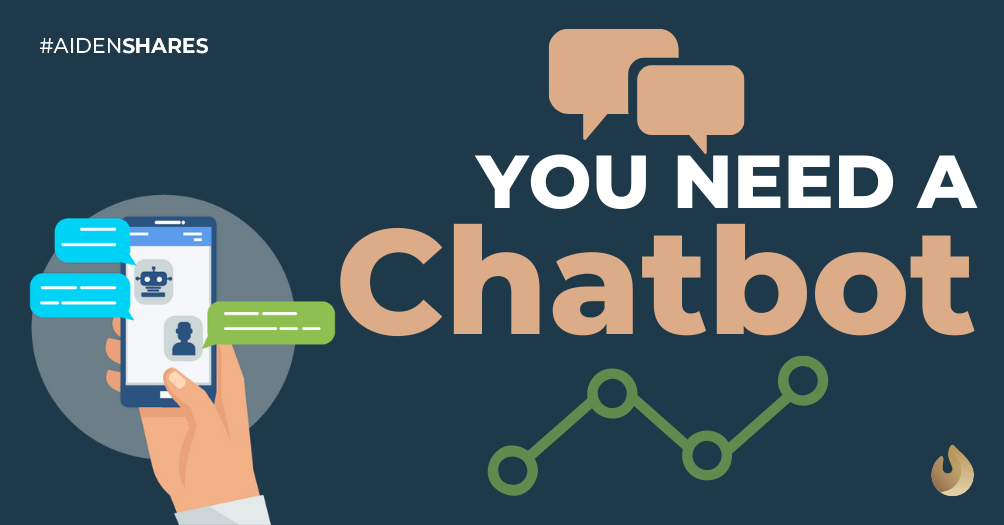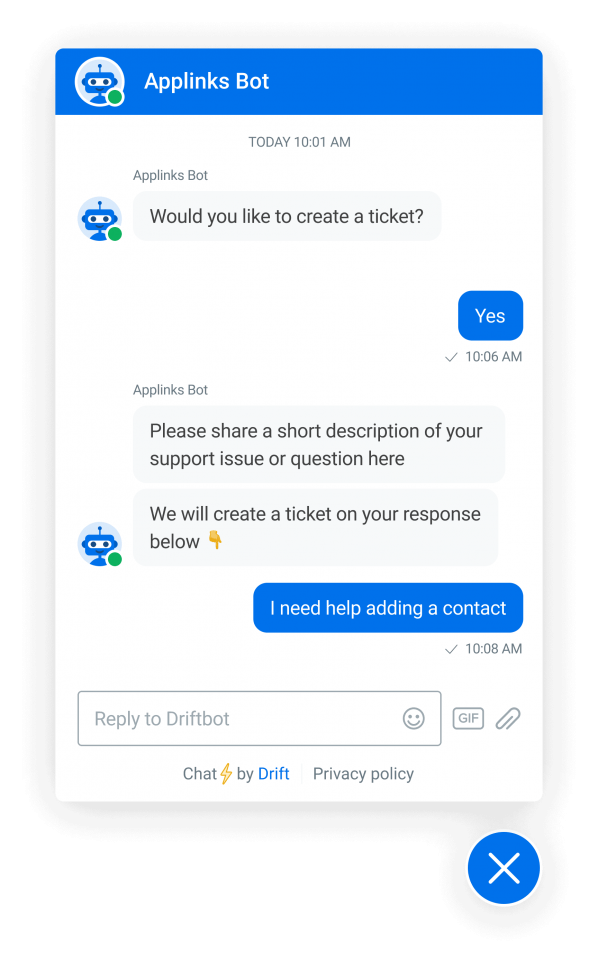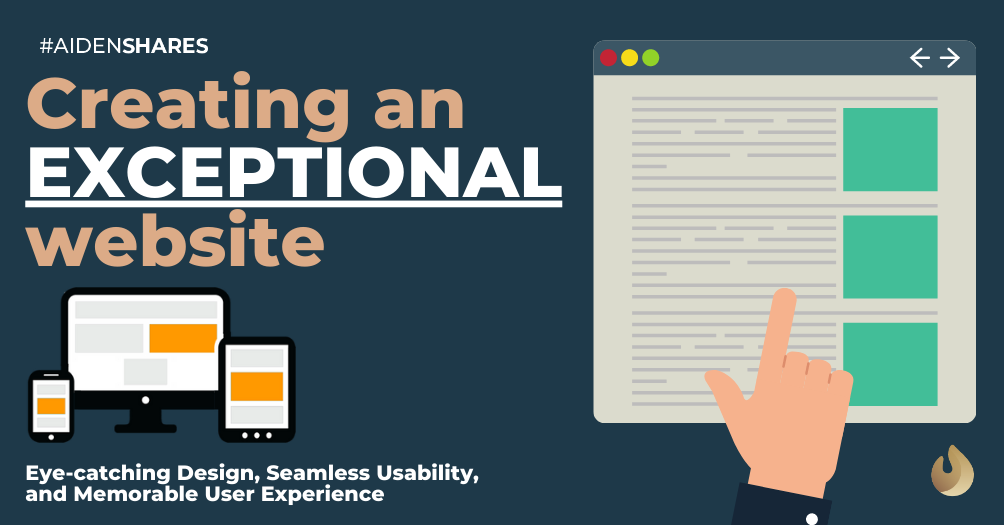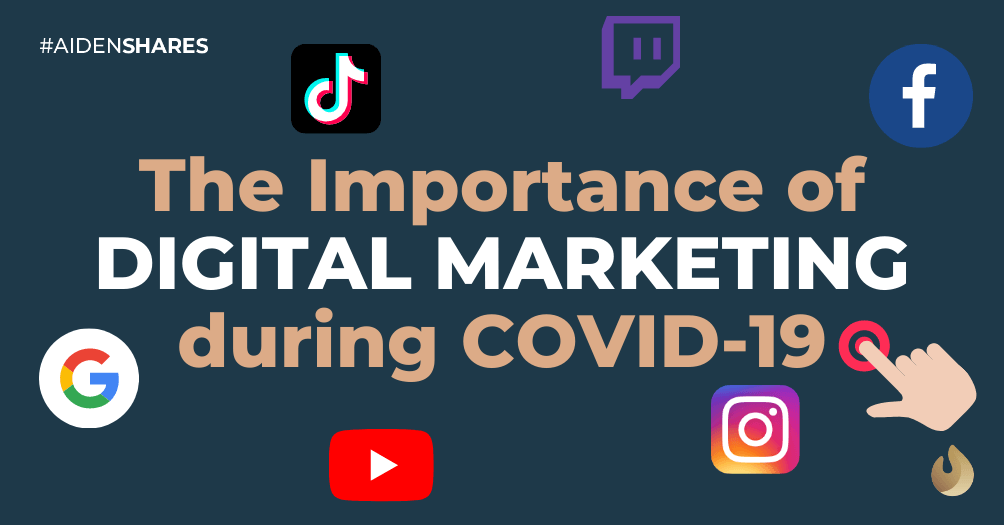We Think You Need a Chatbot 🤖

A chatbot is a virtual assistant, for your customers, with the ability to understand or guide your customers to a determined desired outcome. It is no longer a thing that your potential customers can avoid. Once emerging, chatbots have transformed into an established piece of technology that most businesses are adopting. Juniper Research even forecasts chatbots could help companies in the world to save about $8 billion by 2022.
A pretty significant number, right?
What is a chatbot for your customers? 🙆♀️

Image source: Drift
Chatbots can help your business in many ways. Initially, they were only for helping with orders, customer support, scheduling meetings, tracking orders, or even just sharing news and updates. While running a business, most of us focus on what is important—our customers.
Most chatbots now can help your business better than before; they can help you with your customers.
-
Save your customer’s time and money
Customers love an instant reply. They want an immediate answer to their question. And a chatbot can give a response in the blink of an eye, without the hassle of a 24/7 human force tending to their questions.
Receiving a quick reply may save your customers’ time because they can make an informed decision faster.
You also do not have to pay a salary to your chatbots, reducing the cost of running your business while offering your customers an attractive price for your primary product (or service).
-
Elevate your customer’s experience
Chatbots are available 24/7 for your customers. Your customer no longer has to wait for your staff to clock in and reply to their queries.
Another equally important advantage of chatbots is that they can answer an enormous volume of questions altogether. In other words, customers do not have to go through a queue or ‘stay on the line’ to get an answer to their inquiries.
It makes your customer journey more convenient. And that can only lead to a positive outlook.
-
A helping hand
Chatbots are like a digital butler for your customers. They can host and guide a newcomer to your website. That is pretty useful for people who just happened to know your service but don’t know much about it.
Your chatbots can also encourage your customers to order and even pay right in the chat. Amazing.
In this way, customers spend less time and effort to make a purchase because chatbots serve what your customers want on their plate with table service.
What is a chatbot for your business? 👨💼

Using chatbots is always a good idea when you’re trying to scale up your business. They can handle thousands of inquiries a day, filter out incoming queries, and in the end, making better utilisation of your resources.
However, that’s just a tiny part of what chatbots can do for you. When your business enforces it extensively, they bring so much more value than express customer service.
-
Prevent customers from going to competitors
About 68% of your customers will turn to competitors if they think you do not care about them. And which business can bear to see that?
Chatbots can help you. How?
The instant reply from your chatbot could make them feel valued, especially when they have questions in their mind about your service or product. The instant response and 24/7 availability could be a super combo to stop them from thinking about your competitors completely.
For instance, your website’s visitors will not open a new tab and look for other information online because they are busy interacting in real-time with your chatbots.
That could turn out different if getting a simple answer must make them wait until your customer agents check their inquiries.
-
Higher conversion
According to a survey, chatbots could yield a significant return on investment (ROI). That happens because customers who interact with a business’ website or social media tend to make a purchase at the exact moment they inquire about your service.
In other words, a simple inquiry that gets a quick reply from your chatbots may lead to more conversions!
-
One time investment
Chatbots are a one-time investment. You do not have to pay them a salary and could run 24/7 without running out of patience with your customers. All business owners have to do is regularly optimise them, especially for their responses.
-
Help to segment potential leads and marketing communications
Chatbots help a business to focus on a potential lead by guiding the conversation into different directions. For example, a user showing interest in pricing is likely to be a warm lead, so the chatbot may suggest making an order right in the chat. In case people need more information about the purchase, chatbots could direct them to all the necessary details about your product or service.
And what if the user decides not to make a purchase yet? Businesses can use chatbots to send more marketing content. The content that you supply may stick in the user’s mind and lead to them returning to your website a few days later.
-
More data, more insight
Chatbots interact faster with more customers, which means you have access to more data about your customers. All the data that you collect through the help of your chatbots could be transformed into an insight about your audience’s needs and preferences.
A quick recap of why you need a chatbot 🤖
- Save customer’s time and money
- Improving your customer’s experience
- A helping hand for your customers
- Retaining your customers
- More conversions
- Cost-efficient
- Helping marketing communications and segmenting your leads
- More data and insights about your customers






